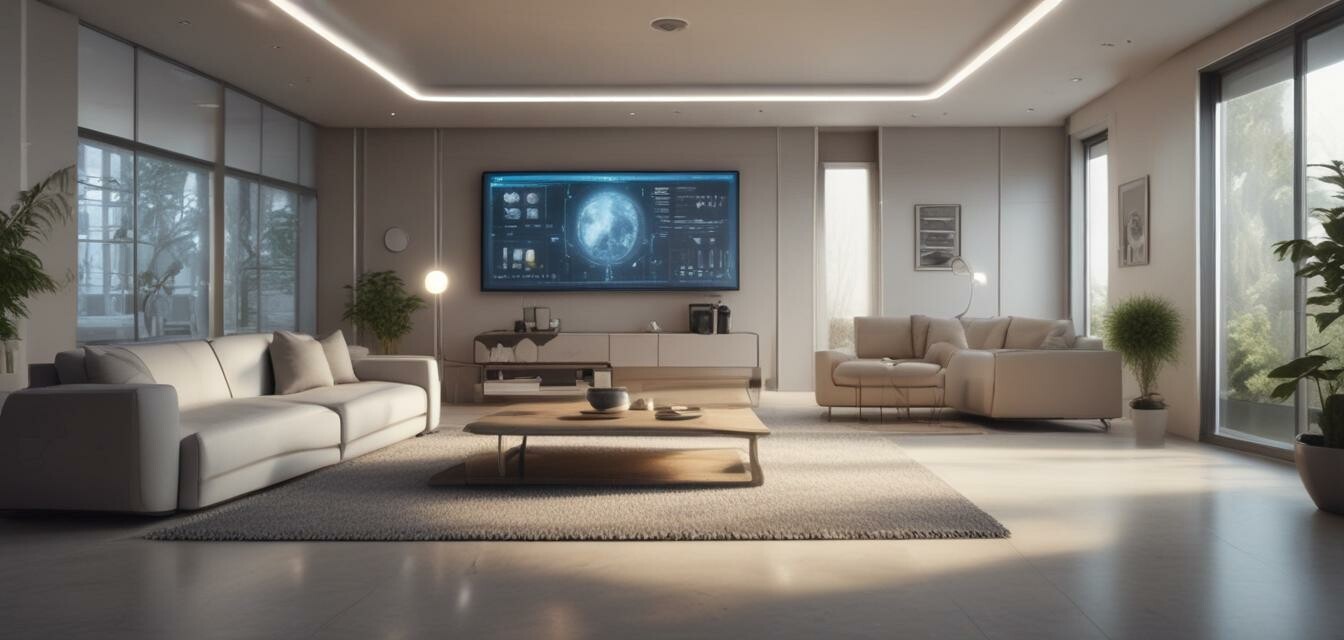
The Future of Health Monitoring in Smart Homes
Key Takeaways
- Health monitoring technologies are advancing rapidly within smart homes.
- Integration of devices enhances safety and ease of living for seniors.
- Remote monitoring allows caregivers to provide better support.
- Trends suggest a focus on user-friendly designs and accessibility.
- Connected health solutions promote independence for aging populations.
As our society continues to age, there’s an increasing need for innovative technologies that support seniors in their homes. Health monitoring devices play a crucial role in this transformation, enabling seniors to live independently while ensuring their well-being. In this article, we’ll explore the evolution of health monitoring technologies within smart homes and how they cater to the needs of aging populations.
The rise of health monitoring in smart homes
Health monitoring technologies have significantly evolved over the past few years, and their integration into smart homes has become a priority. This trend is fuelled by the increasing demand for convenient, reliable, and easy-to-use solutions that can be accessed by both seniors and caregivers. Below are some key advancements in the industry:
Advancements in health monitoring technology
| Technology | Overview | Benefits |
|---|---|---|
| Wearable Devices | Health trackers, smartwatches that monitor vitals. | Continuous tracking and alerts for anomalies. |
| Smart Home Sensors | Devices tracking movement, temperature, and activity levels. | Enhanced safety and immediate alerts for emergency situations. |
| Telehealth Solutions | Remote communication with healthcare providers. | Convenience for patients, reduced need for transport. |
| Smart Medication Dispensers | Automated reminders and dispensing of medications. | Reduces the risk of medication errors and improves adherence. |
Empowering seniors and caregivers
The integration of health monitoring technologies not only empowers seniors but also provides valuable tools for caregivers. Remote monitoring capabilities give caregivers the ability to check in on their loved ones without disruption, ensuring that they remain connected and informed.
Benefits of remote monitoring
- Real-time health data tracking.
- Immediate alerts in case of emergencies.
- Improved communication between seniors and caregivers.
- Increased confidence for seniors living independently.
Design considerations for usability
As technologies evolve, it’s crucial that they are designed with usability in mind. Manufacturers are focusing on creating products that are not only functional but also accessible for seniors. This includes:
Design tips for seniors
- Simple interfaces with large buttons and clear labeling.
- Voice commands for hands-free operation.
- Large display screens for easy visibility.
- Customization options that account for individual needs.
The future outlook
The future of health monitoring in smart homes looks promising. Innovations are on the horizon, focusing on enhancing the quality of life for seniors. As technology continues to advance, we can expect:
Emerging trends in smart home health monitoring
- Integration of artificial intelligence for predictive health analytics.
- Enhanced connectivity between devices for seamless operation.
- Development of emergency response features within health monitoring devices.
- Increased emphasis on privacy and data security.
Conclusion
Health monitoring technologies are set to revolutionize how seniors live in their homes, allowing for greater independence and improved safety. By understanding the trends and innovations in this area, families can make informed decisions about the best solutions for their loved ones. As we move forward, smart home technology will continue to evolve, ultimately enhancing the lives of aging individuals and supporting their caregivers.
Pros
- Increases independence for seniors.
- Allows for timely health intervention.
- Provides peace of mind for families.
- Promotes a better quality of life through continuous monitoring.
Cons
- Technology may be overwhelming for some seniors.
- Potential for data privacy concerns.
- Dependence on internet connectivity.
- Initial costs for devices can be high.
For more insights on how smart home technology can improve lives, visit our News and Trends section. Explore how these advancements specifically cater to the needs of seniors through our Buying Guides. Stay updated about new health monitoring devices and their applications in everyday living.